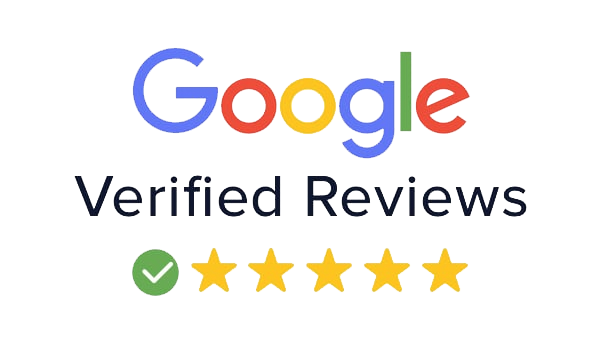Still Procrastinating about Your Estate Plan?
The continuing escalation of the COVID-19 pandemic has forced many people to finalize estate planning documents, even as their estate planning attorneys are working from home. People are coming to terms with the stark reality: they could be struck by the disease and need to have a plan in place, reports the article “Estate Planning In The Age Of Covid” from Financial Advisor.
Everyone should review their estate planning documents, including their wills, trusts and gifting techniques, to ensure that they are in line with their goals and the numerous tax law changes that have occurred in the last six months. The review of these estate planning documents is especially critical during these unpredictable times.
Here are the documents that may need to be updated:
Power of Attorney—This legal document gives a person you name the authority to handle financial affairs and protect property by acting on your behalf, if you become incapacitated. Some of the typical tasks of your “agent” are paying bills, writing checks, selling or purchasing assets or signing tax returns.
You may name any competent adult you like. However, be certain to choose someone trusted who will put your interests above theirs. This person should possess common sense, ethics and financial acumen. Someone who lives near you, will be able to handle matters more expeditiously. Someone who is far away, may not be as effective. You should also name a back-up or secondary agent.
With no power of attorney, no one will be authorized to act on your behalf and your family will need to have the court appoint a conservator, which will take time and money.
Health-Care Power of Attorney (also called Health-Care Proxy)—This legal document gives an agent authority to make health-care decisions on your behalf, if you are unable to do so. Without one, the family of anyone over the age of 18 will need to go to court and have a guardian appointed.
Last Will and Testament—Your last will is the legal document that gives directions to how you want your property to be distributed after you die. It is used to appoint an executor to oversee the distribution of your assets. For parents of minor children, this is the document used to name a guardian to raise your children. If you don’t have a last will, the court will choose who will raise your child, who will distribute your assets and who will oversee your estate. It is much better to handle this in advance, so you are in control of these important decisions.
Living Trust—A revocable trust is a legal contract that creates an entity to hold title to your assets. As the grantor or creator of the trust, you can change it at any time. You can also set it to outlive you. If you become incapacitated, a successor trustee then steps in and manages your affairs without any court intervention. A trust also gives you privacy, since it avoids the probate process. Speak with an experienced estate planning attorney about how a living trust is a great way to reduce the chance of family fights, as well as keep the government and courts out of your life.
There are many estate planning tools that may be used to pass wealth to the next generation, minimize taxes, and ensure that your legacy continues, even during these unprecedented times.
Reference: Financial Advisor (June 16, 2020) “Estate Planning In The Age Of Covid”


